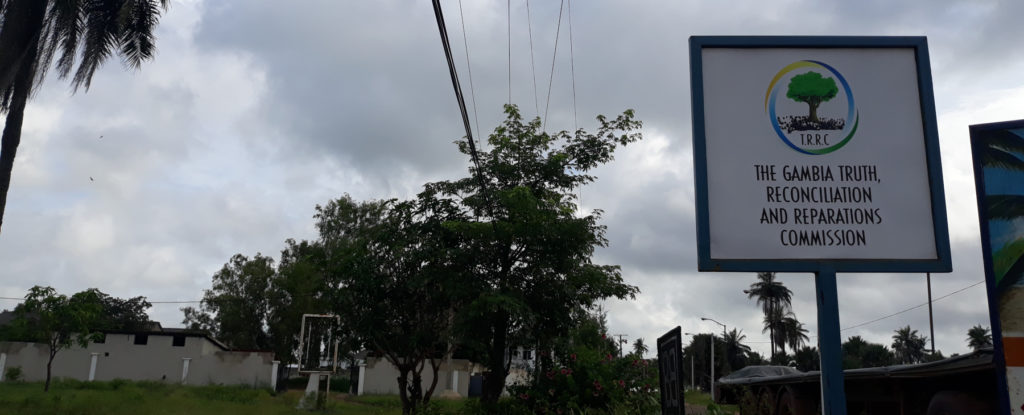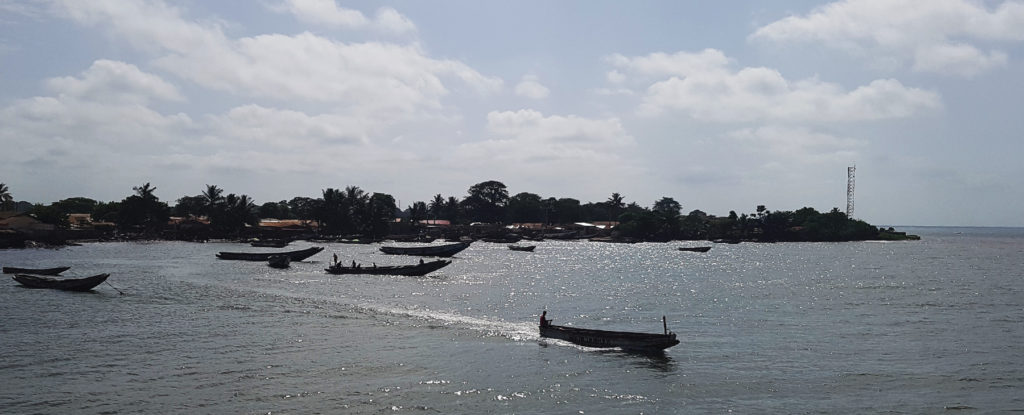EU Day Against Impunity: Highlights, Progress, Challenges
(The Hague, 19 May 2016) – The European Union (EU) and its member states should make a commitment to further enhance national prosecutions of crimes under international law and human rights violations, six international human rights groups said today. Member states should adopt necessary laws, create specialized war crimes units, and ensure that these units have financial and political support.
The groups are Amnesty International, the European Centre for Constitutional and Human Rights (ECCHR), the International Federation for Human Rights (FIDH), Human Rights Watch, REDRESS, and TRIAL International. The groups issued their statement in advance of the first European Union Day Against Impunity, which will be celebrated on 23 May 2016 in The Hague and is organized by the Dutch presidency of the Council of the EU, together with the European Commission, the EU Genocide Network, and Eurojust.
“The EU Day Against Impunity shines a spotlight on the fact that more and more national courts are investigating and prosecuting grave human rights violations committed abroad,” said Gauri van Gulik, Deputy Program Director for Europe and Central Asia at Amnesty International. “International courts have limited capacity and national courts should play a key role in acting as a “safety net” to prevent impunity for crimes under international law.”
The EU Day Against Impunity is taking place during the ongoing refugee crisis that has led to the arrival in European countries of numerous people fleeing conflict zones in Syria, Iraq, and Afghanistan. This situation creates a unique opportunity for European states to make a meaningful contribution to justice for the atrocities in these countries. The increased presence of asylum seekers means that previously unavailable victims, witnesses, material evidence, and even some suspects are now within reach of national judicial authorities.
Over the past two decades, the national courts of an increasing number of countries, including but not limited to EU countries, have started trying cases of grave crimes such as genocide, war crimes, crimes against humanity, torture, enforced disappearances, and extrajudicial executions – “crimes under international law” – committed abroad.
National courts can have extra-territorial jurisdiction over crimes committed abroad when the suspects or the victim are a national of that country or for crimes that are considered so grave that ensuring accountability for them should be of concern to humanity as a whole. This principle under international law is known as “universal jurisdiction.” Although universal jurisdiction has existed for decades, it had been rarely used until a few years ago.
There has been considerable progress in the prosecution of crimes under international law by national courts in the last 20 years. Cases in European courts have involved crimes committed in Rwanda, the Democratic Republic of Congo, Afghanistan, Guatemala, Kosovo, Iraq, Liberia, Bosnia and Herzegovina, Argentina, and Syria, among others.
In 2015, in a landmark case, the courts of Senegal put on trial the former head of state of Chad, Hissène Habré, for crimes committed in that country. Argentina and South Africa have opened investigations regarding grave human rights violations in China, Spain, Paraguay, and Zimbabwe. A recent study on 12 countries exercising universal jurisdiction found tangible progress – such as arrests, indictments, or convictions – in 27 cases in 2015.
While, in principle, it would be preferable for justice to be carried out in the countries where the crimes are committed, this is often not possible. The application of universal jurisdiction reduces the existence of “safe havens,” where perpetrators of crimes can enjoy impunity. It is a critically important avenue toward justice for victims who have nowhere else to turn and can help spur accountability in the countries where the crimes were committed.
Recognizing the important role of EU member states in ending impunity, the EU, in 2002 and 2003, adopted two decisions creating a network of investigators and prosecutors working on cases involving crimes under international law, the European Genocide Network, and recommending that member states create specialized war crimes units. Several EU countries, including the Netherlands, Belgium, Denmark, Sweden, France, and Germany, have created such war crimes units, made up of police and prosecutors with specific expertise and dedicated to these cases. The EU Genocide Network has enhanced cooperation and facilitated the sharing of best practices between EU member states through biannual meetings.
“The increasing number of cases shows that investigations and prosecutions of complex international crimes by national courts may be hard but are not impossible with the right tools in place,” said Géraldine Mattioli-Zeltner, International Justice Advocacy Director at Human Rights Watch. “The work of the existing war crimes units and of the EU Genocide Network is starting to bear fruit, and the EU should strengthen its support for this work and encourage other regional organizations to do the same.”
Several countries are already investigating grave human rights violations in Syria and Iraq. According to media reports, prosecutions and investigations are underway relating to war crimes and torture in these two countries in France, Finland, Germany, Sweden, and the Netherlands.
“Prosecutions in third states are often the only available option for victims to obtain justice, for example in places like Syria or Iraq where massive abuses are being perpetrated with impunity,” said Karim Lahidji, President of FIDH. “Universal jurisdiction cases are only a first step, but they are a beacon of hope for victims.”
It is not the first time that both victims and some suspects have arrived in European countries from conflict zones. The same happened after the genocide in Rwanda in 1994 and after the Balkan wars in the ’90s. Today, European countries are better prepared to investigate grave international crimes and should do so in a way that secures accountability without stigmatizing entire groups of asylum seekers, the organizations said. Yet, the current situation and increased demands on national judicial authorities highlight that further improvements are needed to ensure effective national prosecutions of grave international crimes.
Not all EU member states have national laws defining crimes under international law, and some lack jurisdiction to prosecute such crimes when committed abroad, leaving impunity gaps within the EU. Only a minority of EU member states have set up specialized war crimes units, and more should consider doing so, the organizations said. Even in the countries that have war crimes units, they are often understaffed and under-resourced with just a handful of investigators and prosecutors despite a mounting number of cases.
Diplomatic considerations sometimes seem to hamper cases that touch on powerful countries such as the United States, Israel, or China. Some countries, including Belgium and Spain, have limited or effectively abandoned their universal jurisdiction laws in the past, following diplomatic pressure.
“It is absolutely crucial for universal jurisdiction to apply to all equally and without political interference in prosecutorial decisions,” said Andreas Schüller, Head of the International Crimes and Accountability Program at ECCHR.
It is also critical to establish effective cooperation between immigration services – which are on the first line in identifying potential victims and suspects – and judicial authorities. Some countries, such as the Netherlands, have created specialized war crimes units in their immigration services that screen asylum seekers for potential involvement in war crimes. In Germany, Syrian asylum seekers are systematically asked to provide – on a voluntary basis – information they may have about grave international crimes and this information is passed on to the police war crimes unit to be processed.
“Other countries should implement similar measures to assist victims and to identify potential perpetrators on their territory and bring them to justice,” said Philip Grant, Director of TRIAL.
In October 2014, the European Genocide Network adopted a strategy that lists these and other steps that the EU and member states should take to enhance national prosecutions of crimes under international law.
“Despite notable progress, there is still a lot of work to do to strengthen the practice of national prosecutions for war crimes and crimes against humanity,” said Jürgen Schurr, Head of Law and Policy at REDRESS. “The EU Day Against Impunity is the perfect occasion for the EU and its member states to commit to take concrete steps to implement the EU Genocide Network strategy. The EU Day Against Impunity should also be a yearly occurrence to highlight progress and remaining challenges.”












